Highway from hell
Day 1-3, 4-8, 13-15, 17-19, 29-30
Most of this Senegal trip was with the family in the beginning of my one-month long trip. However, since I used Dakar as a base I have kept returning to Senegal so the trip ends here. Plus, I would like to end with a more positive family trip report than the previous rather tough reports from Guinea, Sierra Leone and Liberia.
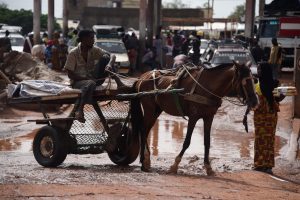
After visiting Mauritania and St Louis in the very beginning of our trip we take one of our usual “sept-place” (seven-seater) communal taxis towards Kaolak. Our drivers name is Idris. We buy him nuts and a soda. After having consummated that he looks sleepy. His right eye – the only one I can see when looking at him from my seat next to him – is hanging. Making it difficult to monitor if he might be falling asleep.
There are no other cars in this part of the country and the surroundings are monotonous. Suddenly Idris does fall asleep. Instinctively I reach for the steering wheel but with an instant sleep twitch Idris is again awake. We stop for coffee. Idris offer to pay the 15 cents the two cups cost. Maybe he does that because he just fell asleep. Still of course I pay.
We stop for the night in the city of Kaolack. In Lonely Planet it says “that after a while you might just become a Kaolack-fan”. We see the huge market – full of old meat, decaying vegetables and more flies than I remember having seen anywhere else – and are met by massive rains when we exit form the old covered stalls. At night we eat at the only half decent restaurant in town. When we tell the Lebanese owner that we are going to take the transgambian higway to Ziguinchor the next day he just says “Good luck – that might be a long trip”.
Gambia is embedded in Senegal like a splinter in the heel (see map). This means that when travelling from north to south in Senegal or vice versa one has to traverse Gambia. There are two routes for this. Both require a ferry crossing. We choose the “Trans-Gambian highway”. We choose it because “highway” sounds fast.
Early the next morning, we therefore get to the bus station for shared taxis. “The trip duration depends on the ferry crossing” the taxi dispatcher tells us. “But as long as you are willing to pay 5.000 CFA to jump the queue you won’t have to wait and can cross on the first available ferry” he tells us.
“Doucement” I keep saying to Jao – our driver. He does not seem to care much for this – he never slows down and he rarely speaks. We are not 7 but 8 passengers in his “Sept-place” taxi since his daughter Fatmada is joining us for the ride.
Outside the windows we pass palms and sunshine and African huts and savannah. Jao is chewing on a wooden stick and at the same time cleaning his teeth. We share the taxi with a woman named Gina travelling solo and Omar and Bubar who say they “work as businessmen with fish and mango”. To begin with Fatmada sits on Gina’s lap. Later on she comes forward and sits between our children. With big black eyes, small thin braids and her fine white red-dotted dress she completely takes care of herself. She does not speak, she does not drink and she does not eat (other than a few biscuits we give her). We pass small chaotic towns that consist almost only of a crossroads, too many people, pits of water and garbage. We are starting to understand why so many Africans try to get away from here. Omar has tried once. But there was trouble with the boat from Libya. He went back. “But I will try again,” he says.
Suddenly, Jao hits the brake. Unfortunately, however he does so far too late. The next minute the car goes flying over a speed bump until we land with a large bang. A few minutes later the engine sets out. Jao is pumping something under the hood and repeating this procedure we are able to proceed for a few kilometers each time the car sets out. We are 9 persons in an old French car in the middle of nowhere and our car can hardly drive. I ask Omar and Bubar why Jao did not know about the speed bump when he drives this route all the time. “It’s brand new” Omar says – “they just made it yesterday and here they don’t put up warning signs”. Jao seems (as he does all day) totally unaffected by this somewhat precarious situation.
After about 10 kilometers we reach a larger town where there is a small garage. Or in fact all there is is a bit of gravel to park the car on and three wooden sheds looking like they are about to fall 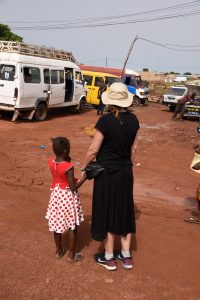 apart. A local mechanic appears out of the blue with a screwdriver and a wrench. He takes the suction hose off and sucks a little gasoline out of it. Ten minutes after he has started working, the intake works again. Jao goes for a test drive and finds out that the exhaust is also broken. A bit of welding quickly fixes that. Here Africa does well. Where else could you get an instant major repair of a car in the middle of nowhere and on a Sunday?
apart. A local mechanic appears out of the blue with a screwdriver and a wrench. He takes the suction hose off and sucks a little gasoline out of it. Ten minutes after he has started working, the intake works again. Jao goes for a test drive and finds out that the exhaust is also broken. A bit of welding quickly fixes that. Here Africa does well. Where else could you get an instant major repair of a car in the middle of nowhere and on a Sunday?
Tourist visas for Gambia are free but when transiting on the transgambian highway foreigners officially have to pay 5.000 CFA (8 USD) to get in to Gambia and 1.000 CFA to get out (?!). Somewhat annoying considering the fact that we are just trying to get from on part of Senegal to another and at this time have no desire to be in Gambia at all.
Reaching the Gambia river, we are met by a more than a kilometer-long line of waiting cars,  busses and trucks. Charlotte and the kids wait at the car parked at the back of the line while Jao and me walk to the front to the gate leading in to the ferry waiting area. The guy in charge of the gate is a chubby, arrogant man in a yellow shirt that are at least two sizes too big. I ask him if we could somehow arrange paying a fee for jumping the queue. “What car do you have” he asks. Don’t know since our shared taxi is so old that the car logo in the middle of the steering wheel is completely worn off. “A Peugeot or a Renault” I reply because every sept place taxi here seems to be one of those two brands. “Is it your own car?”. No I reply – it is a “sept-place”-taxi. “Ah”, he says then you just have to wait at the end of the line. There are many of those here and we can’t just bring one to the front”.
busses and trucks. Charlotte and the kids wait at the car parked at the back of the line while Jao and me walk to the front to the gate leading in to the ferry waiting area. The guy in charge of the gate is a chubby, arrogant man in a yellow shirt that are at least two sizes too big. I ask him if we could somehow arrange paying a fee for jumping the queue. “What car do you have” he asks. Don’t know since our shared taxi is so old that the car logo in the middle of the steering wheel is completely worn off. “A Peugeot or a Renault” I reply because every sept place taxi here seems to be one of those two brands. “Is it your own car?”. No I reply – it is a “sept-place”-taxi. “Ah”, he says then you just have to wait at the end of the line. There are many of those here and we can’t just bring one to the front”.
I then ask how long we can expect to be waiting. “Two to four days” he replies.
About half an hour later, Jao comes and says that now he has found someone else who would let us jump the line if only we could increase the amount to 10,000 CFA. (16USD). I accept and Jao runs like a madman back to the parked car with Charlotte and the kids. As if he was a formula 1 driver Jao sends the old car past the rows of waiting cars in no time. Shortly before the gate however a gatekeeper unfortunately closes the gate and signals Jao to park in front of the gate but in the side at an angle that makes it very hard to get back in line and go through the gate to the promised land. And then our car stays there. For an hour. For two hours. We have just paid and we get no explanation. Every time the gate is opened, drivers from 4 lanes try to push their car through the gate that is only wide enough for one car to pass. If one car manages to get through the cars behind it just try to speed though the gate while the gatekeeper with his life on the line 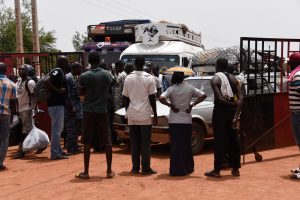 desperately try to close the gate again. A minibus crash into a station wagon as they fight their way towards the gate. The driver of the bus does not want to compensate for the dent in the door he has left so the driver in the car takes out some sharp and pointy object looking a bit like an ice pick and starts hammering it into the wheels of the bus. The joys of Africa. After 4 hours of waiting we are finally allowed through the gate.
desperately try to close the gate again. A minibus crash into a station wagon as they fight their way towards the gate. The driver of the bus does not want to compensate for the dent in the door he has left so the driver in the car takes out some sharp and pointy object looking a bit like an ice pick and starts hammering it into the wheels of the bus. The joys of Africa. After 4 hours of waiting we are finally allowed through the gate.
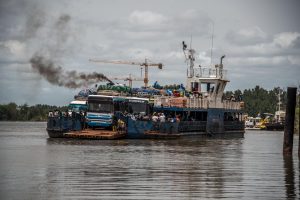 It’s only then I realize that the super old ferry only holds 8 cars and 12 trucks. There is only one ferry every hour and more than 24 cars in front of us and the ferry has just left. Hence I we will have wait 4 hours more than the 4 hours we have already waited..
It’s only then I realize that the super old ferry only holds 8 cars and 12 trucks. There is only one ferry every hour and more than 24 cars in front of us and the ferry has just left. Hence I we will have wait 4 hours more than the 4 hours we have already waited..
Now my hair color is red, I have a bit of a temper and this is when I get mad. At this point I am almost ready to stop paying for my Gambian sponsor child that we have supported for ten years. And start agreeing with the about 50% of the western population that for some absurd reason think it is a good idea to cut down on the aid to Africa (in order to finance their own ever increasing personal consumption). I find Ibrahim one of the guards. and ask why I’m paying bribes when my family still have to wait for 8 hours in an extremely hot car. An extremely hot car where my children are left without their fan since Gina borrowed that when we arrived to the river 4 hours ago and we haven’t seen a trace of her since.. “But the bribe only gets you through the gate” Ibrahim replies. “-Didn’t your driver tell you that”. I tell him that all day my driver – who almost only speaks Wolof – has communicated maybe a total of three words to me in french. And that I happen to be writing for the travel section of a Danish newspaper and if he would like more people to venture to this in every possible way super organized and tremendous country maybe it would be a good idea to get us on a ferry in a not too distant future. I don’t know if it is due to the fact that many Danes are travelling to Gambia or to the fact that Ibrahim is technically employed by the ministry of tourism, but five minutes later we are parked in the “VIP-queue” for the next ferry. We end up waiting a total of 5,5 hours in the baking hot car for a ferry looking older than time it self and for a crossing that takes only twenty minutes.
Fortunately, in Ziguinchor I have booked a better hotel than I usually do. It is called Kadiandoumagne and it is the best in town (60USD pr night for family). So we relax at the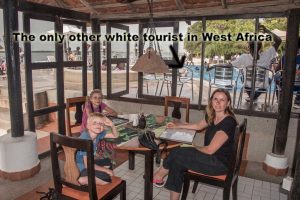 swimmingpool for a few days and go for a pirogue trip to “bird island” where we see Pelicans and thousands of flamingoes – standing in the shallow water (check photos).
swimmingpool for a few days and go for a pirogue trip to “bird island” where we see Pelicans and thousands of flamingoes – standing in the shallow water (check photos).
After side trips to Guinea-Bissau and the Gambia we end up in Dakar. We go to a place called “Magic Land” – a combined amusement park and aqua-park. “it was the best day of the whole trip” Jonas tells me at the end of the visit. The last day of our family trip we spend on the beach at Yoff. My family is returning to Denmark for a big boyscout event with 40.000 participants that is only held once every 5 years – while I am continuing solo to Cape Verde, Guinea, Sierra Leone and Liberia. (See separate posts.)
From Liberia I finally fly back to Dakar with Air Cote D’Ivoire via Abidjan (Côte d’Ivoire) and Bamako (Mali). I have to return to Dakar to catch my return flight back to Denmark.
The voluptuous lady stares ahead with panic in her eyes. First she starts hyperventilating. Then she begins to shout. “Allahu Akbar!”, She loudly cries out to everyone in the cabin. She asks Allah for help. Maybe she thinks that Allah cannot hear her. Because she asks for help many times and she shouts increasingly louder. She is afraid. She is in panic. We are suffering from severe turbulence on the plane on the way between Côte d’Ivoire and Mali. Suddenly we hit an air hole and the plane makes a short free fall. Then the cabin goes silent. The lady has passed out.
The plane lands at exactly 24.00 Hrs in Dakar and at 1 AM using my GPS I guide my driver (with great difficulty since he keeps insisting on going the wrong way) to my apartment hotel Residence La Mariame in a Dakar residential neighborhood.
But even though I have a confirmed booking with booking.com AND even though I have stayed at the very same hotel a week previously and have told the young local guy running the hotel the exact date and time of my return – my hotel is already full (!) “I don’t check booking.com because it does not work from my phone” the young guy tells me. Then he offers me to sleep in his own room – sharing possibly the oldest mattress in the world with him. I decline.
(Booking.com later offers me a huge compensation that almost instantly turn me into a millionaire (15 Euro) for the mistake – “the amount ‘could have been higher’ if I had not myself found a hotel in the same price range in the middle of the night or if I had called their customer service in the middle of the night” they inform me.)
I usually never walk the streets of major African cities at night with all my belongings but here I see no other option. So I walk 5 minutes through the semi-slums and wave down a taxi that screechingly breaks so I can get myself and my belongings into the safety of the car. The driver is accompanied by a pregnant girl (I assume it is his girlfriend) who immediately offers my a joint the size of an ice cream cone.
I go back to the very first hotel we stayed at with the family a month before on our first night in Dakar – and in the middle of the night I unfortunately have to wake up the sweet couple that run the place to get a room. I spend the last day in Dakar writing this post.
END OF TRIP. Thanks for staying on (post is way too long again – sorry – it just flows out of me when I begin to write..). As always when travelling I am humbled and amazed by the amount of things I have been able to experience in only one month – anyone could do the same it only takes the courage to venture into the unknown. Or in the words of Walt Disney: All our dreams can come true, if we have the courage to pursue them.

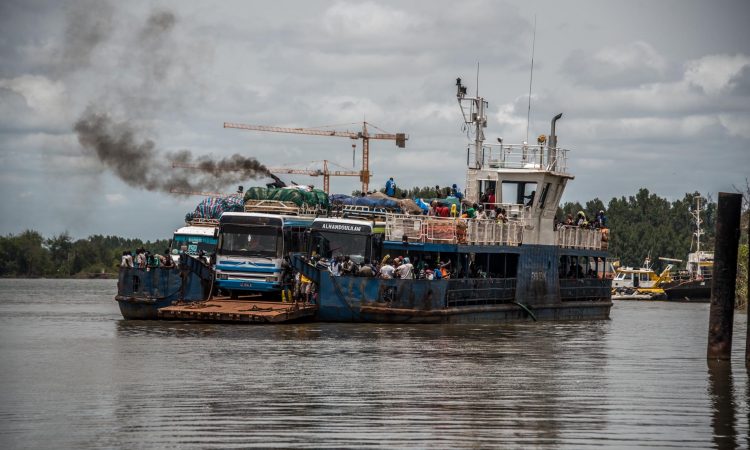
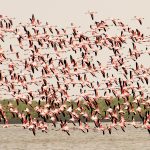
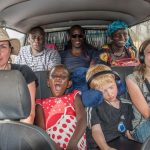
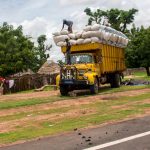
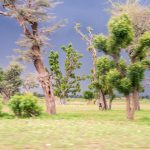
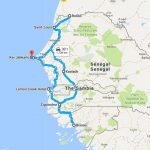
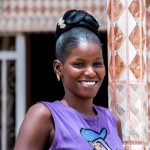
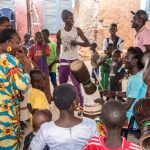
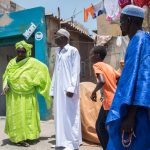
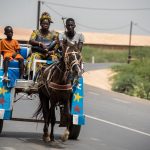
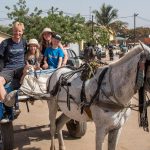
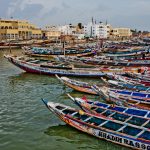
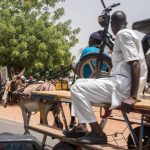
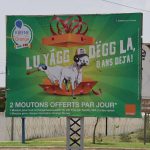
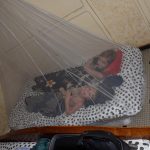
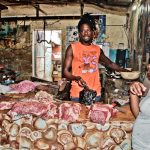
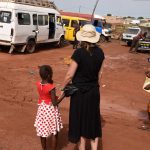
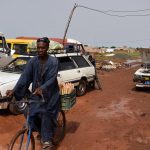
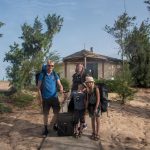
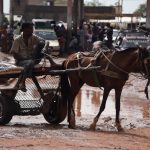
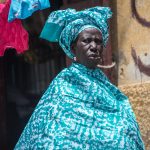
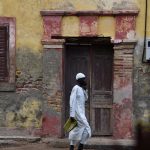
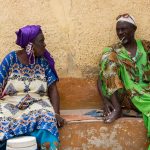
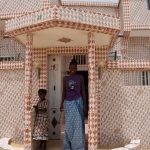
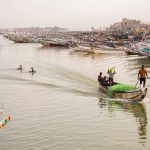
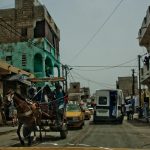
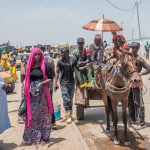
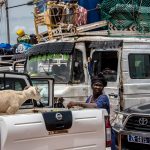
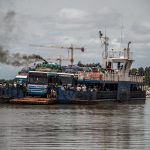
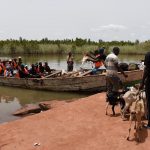
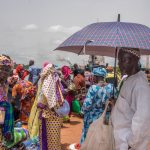
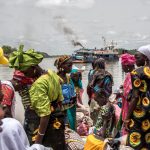
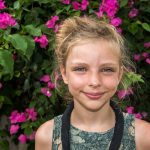
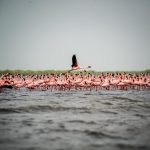
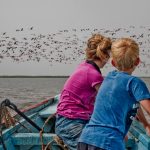

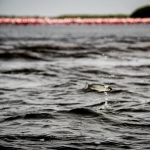
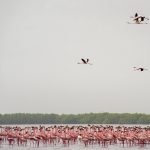
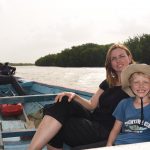

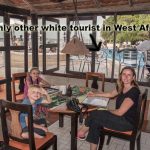
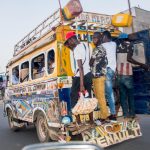
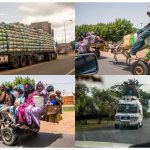
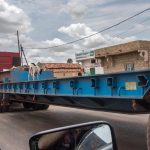
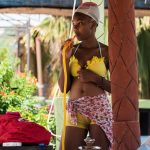

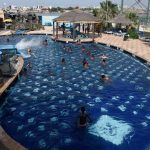

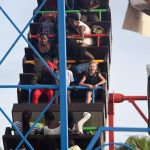
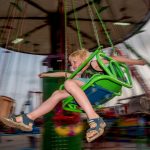
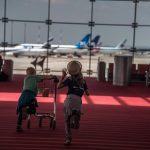
can relate to this. crazy..
any CHAD country report ? couldnt find
Hey. Only on my danish site and in danish…sorry.
If you wanna have a go with google translate go here: http://www.jakoboester.dk/centralafrika_tour.shtml click on blog (læs min blog..) and scroll down to day 25-27..